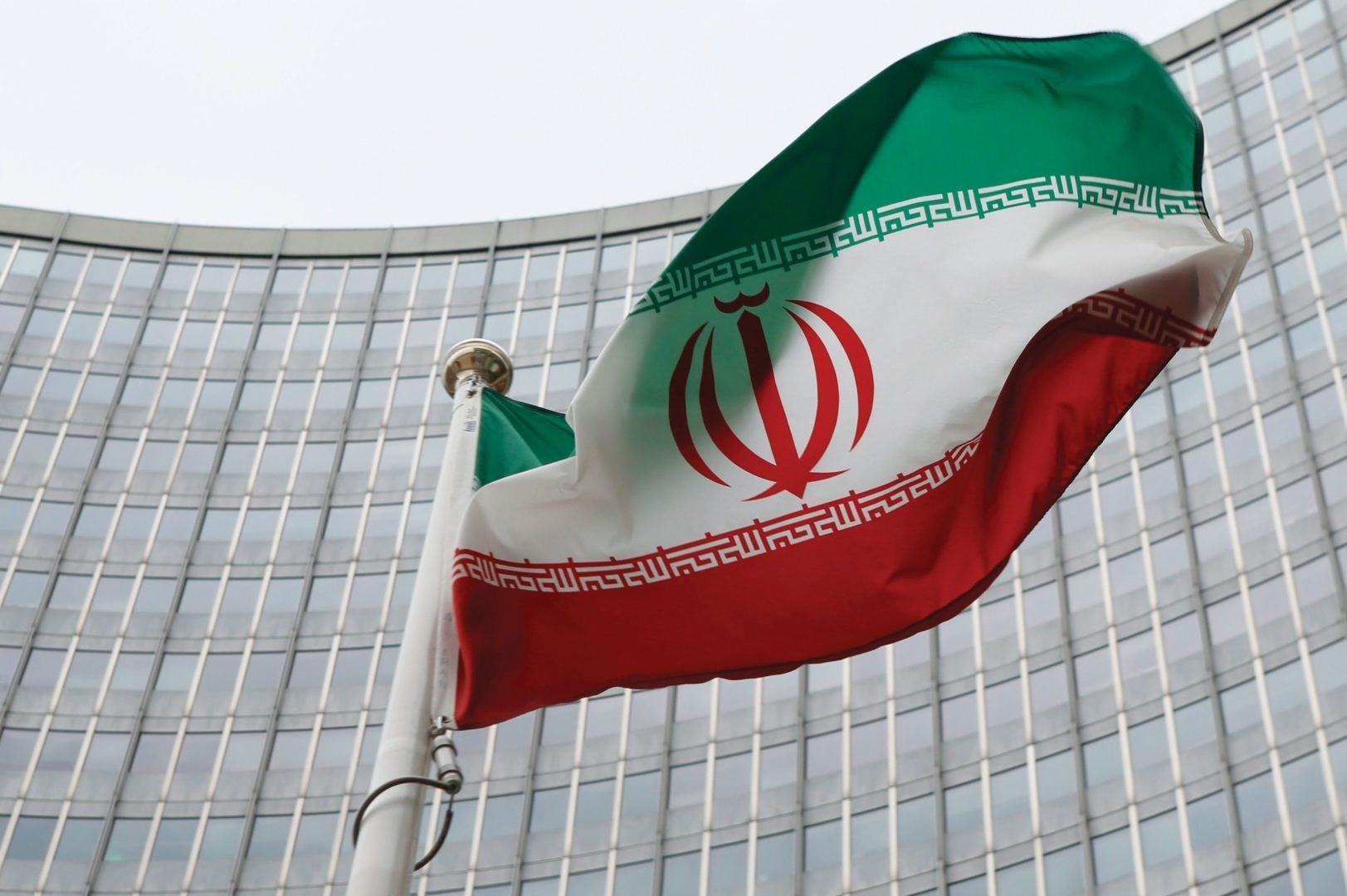

While US primary sanctions (applicable to US individuals and entities) generally remain in place, the passing of the Iran nuclear agreements Implementation Day on 16 January has heralded the lifting of nuclear-related secondary sanctions on the Islamic Republic, applicable to non-US companies.
Non-US individuals and firms can now engage in:
- Buying and selling of Iranian oil, natural gas (including liquefied natural gas [LNG]), petroleum and petrochemicals
- Providing goods, services and/or technology to Irans energy sector
- Investing in Irans oil, gas or petrochemicals sectors (including through joint ventures)
- Engaging in finance and banking transactions (apart from those involving US clearing banks), including export credit
- Selling goods and services relevant to Irans automobile industry
- Purchasing securities of non-sanctioned entities listed on the Tehran Stock Exchange
- Selling precious metals (including gold, silver and platinum)
- Selling industrial materials (for example steel and aluminium), as well as software integrating industrial processes (which will require specific approval from EU authorities in the member state of the EU-based contracting party)
- Selling goods and services relating to Irans shipping and shipbuilding sectors
- Transacting with National Iranian Oil Company (NIOC) and Central Bank of Iran
- Providing underwriting services, insurance or re-insurance
EU-based individuals and companies (including GCC-based subsidiaries) should avoid:
- Transacting with companies and affiliates owned or controlled by the Iranian Revolutionary Guard Corp (IRGC) and other sanctioned Iranian individuals and entities
- Exporting US-origin goods and services to Iran, even from a third country, if it was known (or should have been known) that such goods and services were intended for re-export to Iran
- Transacting with US dollars (while bank notes are acceptable, most if not all US dollar wire transfers will involve a US clearing bank, which is prohibited under the US primary sanctions)
- Involving any US citizens or permanent residents in any operational activities involving Iran
- Engaging in any activities relating to the arms industry (which is covered by both separate EU and US sanctions)
Other significant changes:
- Money (other than US dollars going through a US clearing bank) will be able to move between the EU and Iran without special authorisation or notification
- Iranian banks will be able to open offices in EU member states (subject to local regulations)
- Some non-weapon, nuclear-related equipment, materials and technology sales and support into Iran is permitted (including financial assistance), but only under specific EU export licence
Under a new general licence issued by the Office of Foreign Assets Control (OFAC the enforcement division of the US Treasury), non-US entities that are owned or controlled by US entities or individuals will be able to engage in the types of activities mentioned above without breaching US (secondary) sanctions. However, US individuals and entities (who remain subject to US primary sanctions) must avoid doing business with Iran.
Under the general licence, OFAC has stated that US citizens will be able to participate in a high-level initial vote to enter into Iran, establish policies and procedures to ensure compliance with US sanctions, and continue to advise on such policies.
US entities themselves will only be able to engage in the following activities with Iran, once a specific OFAC licence is obtained:
- Sale and lease of US origin commercial passenger aircraft, and related parts and services
- Import of Iranian-origin carpets and food stuffs (including pistachios and caviar)
- Export or re-export of medicine and basic medical supplies
- Provision of certain services, software and hardware incidental to personal communication
US firms will still not be allowed to:
- Set up a physical presence in Iran
- Partner with an Iranian company
- Service any equipment supplied into Iran
- Purchase or sell Iranian crude
- Clear US dollar transactions through the US financial system
While the Society for Worldwide Interbank Financial Telecommunication (Swift) is now open to certain Iranian banks to reapply to join, in light of previous OFAC fines and anti-money laundering concerns, it will take time before EU-based international banks establish those much-needed correspondent bank relationships with Iranian financial institutions to facilitate payments.
Adrian Nizzola is a partner, and Samir Safar-Aly is an associate, at law firm Simmons & Simmons
You might also like...

Iraq signs deal to develop the Akkas gas field
25 April 2024

Emaar appoints beachfront project contractor
25 April 2024

Acwa Power signs $356m Barka extension
25 April 2024

AD Ports secures Angola port concession agreement
25 April 2024
A MEED Subscription...
Subscribe or upgrade your current MEED.com package to support your strategic planning with the MENA region’s best source of business information. Proceed to our online shop below to find out more about the features in each package.








